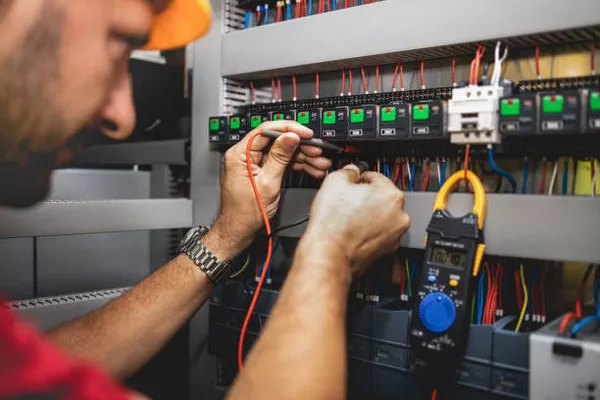Transformers play a pivotal role in the efficient and reliable transmission of electrical power. These complex devices are designed to step up or step down voltage levels, ensuring the safe and efficient distribution of electricity across various power grids. To maintain optimal performance and safeguard these critical assets, the integration of air conditioning systems has become a standard practice in transformer technology. This article delves into the reasons why air conditioning is crucial for transformers, exploring the impact on performance, longevity, and overall reliability.
Temperature Regulation:
One of the primary reasons air conditioning is employed in transformers is to regulate internal temperatures. Transformers generate heat during operation due to core losses, copper losses, and other inherent inefficiencies. Excessive heat can degrade the insulation materials, reduce efficiency, and ultimately lead to the premature failure of the transformer.
Air conditioning systems provide an effective means of dissipating this heat, maintaining the transformer’s internal temperature within the optimal range. By preventing overheating, air conditioning helps to preserve the integrity of insulation materials and prolong the transformer’s operational life. This temperature control is particularly critical in regions with extreme climates, where ambient temperatures can fluctuate significantly.
Increased Load Capacity:
Efficient cooling through air conditioning enables transformers to operate at higher load capacities. When transformers are subjected to heavy loads, they generate more heat. Without proper cooling mechanisms, the temperature inside the transformer can rise to levels that compromise its insulation and overall performance.
By integrating air conditioning, transformers can handle increased loads without sacrificing reliability. This enhanced load capacity is crucial in meeting the growing demands on power grids and ensuring a stable and consistent power supply.
Prevention of Hot Spots:
Hot spots, localized areas of elevated temperature within a transformer, pose a significant threat to its structural integrity. Prolonged exposure to hot spots can accelerate the aging of insulation materials and increase the risk of insulation breakdown.
Air conditioning systems actively prevent the formation of hot spots by maintaining uniform temperature distribution throughout the transformer. This ensures that no specific area is subjected to excessive heat, mitigating the risk of premature failure and ensuring the transformer’s continued functionality.
Improved Dielectric Strength:
Dielectric strength is a critical parameter in transformer performance, representing the ability of insulating materials to withstand electrical stress. High temperatures can compromise the dielectric strength of insulation materials, leading to insulation breakdown and potential catastrophic failures.
Air conditioning helps in preserving the dielectric strength by preventing overheating. By maintaining a controlled and uniform temperature environment, air conditioning systems contribute to the overall stability and reliability of the transformer’s insulation system.
See Also: Do Transformers Work With AC Or DC?
Environmental Considerations:
In addition to enhancing performance and reliability, air conditioning in transformers also addresses environmental concerns. The release of excessive heat into the surroundings can have adverse effects on the immediate environment, especially in densely populated areas.
Air conditioning systems are designed to manage and dissipate heat efficiently, reducing the environmental impact of transformer operations. This not only ensures compliance with environmental regulations but also promotes sustainable practices in the energy sector.
Conclusion:
The integration of air conditioning systems in transformers is a critical aspect of ensuring their reliable and efficient operation. By regulating temperatures, preventing hot spots, and preserving dielectric strength, air conditioning contributes significantly to the longevity and performance of transformers. As the demand for electricity continues to grow, and transformers play an increasingly pivotal role in power distribution, the role of air conditioning in transformer technology becomes even more paramount. It is not merely a luxury feature but a necessary component for maintaining the resilience and reliability of our electrical infrastructure. Through ongoing research and technological advancements, the synergy between air conditioning and transformer technology will continue to evolve, further enhancing the capabilities and sustainability of our power grids.

